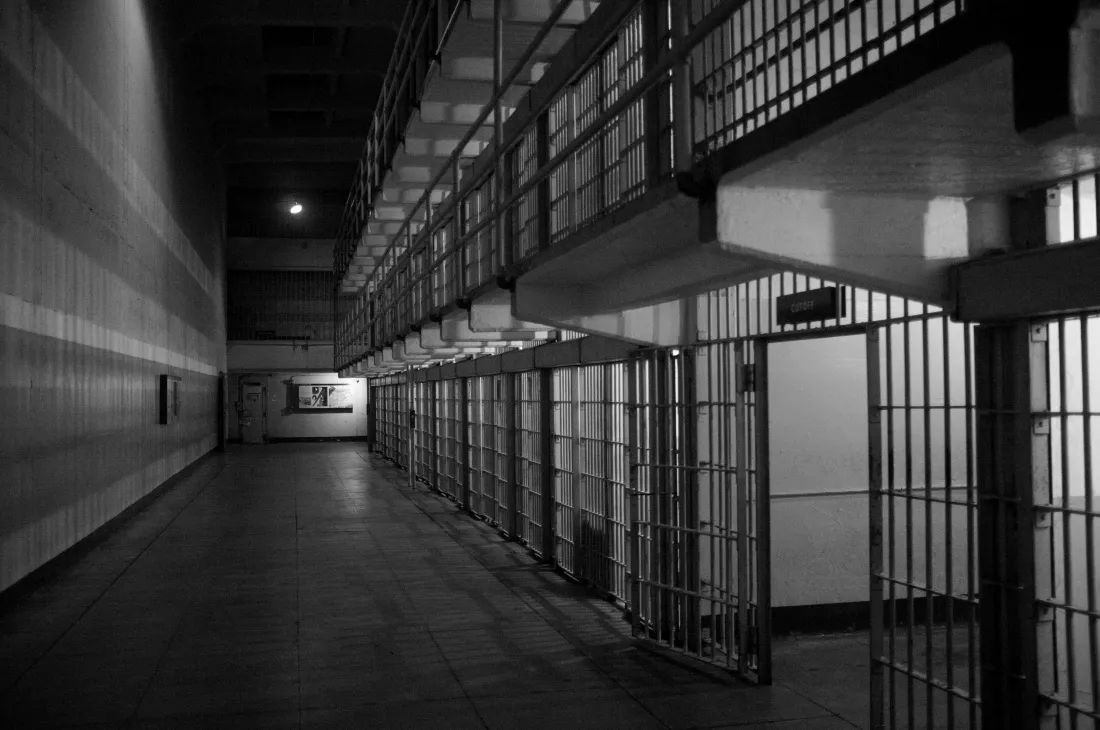Why It's Worth It:
⇑An international perspective on criminology
The Criminology and Criminal Justice programme at the University of Gdańsk offers students a unique opportunity to explore crime and justice issues in a global context. Courses are conducted in English, which not only enhances language skills but also deepens understanding of international challenges in law and security.
⇑Combining theory with practice
The curriculum integrates theoretical knowledge of law, criminology, and sociology with practical skills in analysing criminal phenomena. Students gain insight into research methods, offender profiling techniques, and the evaluation of criminal justice policies and law enforcement strategies.
⇑Interdisciplinary approach
Throughout their studies, students draw on the achievements of multiple disciplines, including law, psychology, sociology, and political science. This broad perspective allows them to understand the complexity of criminal behaviour and the mechanisms for combating it, making graduates versatile professionals.
⇑Experienced academic staff
Classes are delivered by University of Gdańsk faculty members and practitioners from the justice system and security institutions. This ensures access to up-to-date knowledge and real-world insights into the challenges faced by agencies responsible for public safety.
⇑International exchange opportunities
The programme includes the possibility of participation in mobility schemes such as Erasmus+. This provides valuable experience at foreign academic centres, broadens horizons, and fosters international academic and professional networks.
⇑Developing analytical competences
Students learn to analyse statistical data, interpret reports, and prepare forecasts concerning crime trends. Such skills are highly valued in careers as criminal analysts, security experts, and public policy advisors.
⇑Attractive career paths
Graduates of Criminology and Criminal Justice can pursue careers in the police, prosecution offices, judiciary, penitentiary institutions, and international organisations dealing with security and human rights. They are also sought after in the private sector, particularly in security companies and risk analysis consultancies.
⇑Further academic opportunities
Completion of the bachelor’s programme opens the way to master’s studies in Poland and abroad. Advanced education allows graduates to specialise further and strengthen their position on the job market.
⇑Skills for a modern world
The programme responds to current social and economic demands related to public safety. University of Gdańsk graduates are prepared to work in multicultural environments, cooperate with institutions at both national and international levels, and operate effectively in teams where responsibility and ethical standards are crucial.
⇑Conclusion
Studying Criminology and Criminal Justice at the University of Gdańsk is an excellent choice for those interested in law, security, and social issues. The programme combines academic knowledge with practical preparation, offering strong foundations for careers in public institutions, private enterprises, and international organisations.





